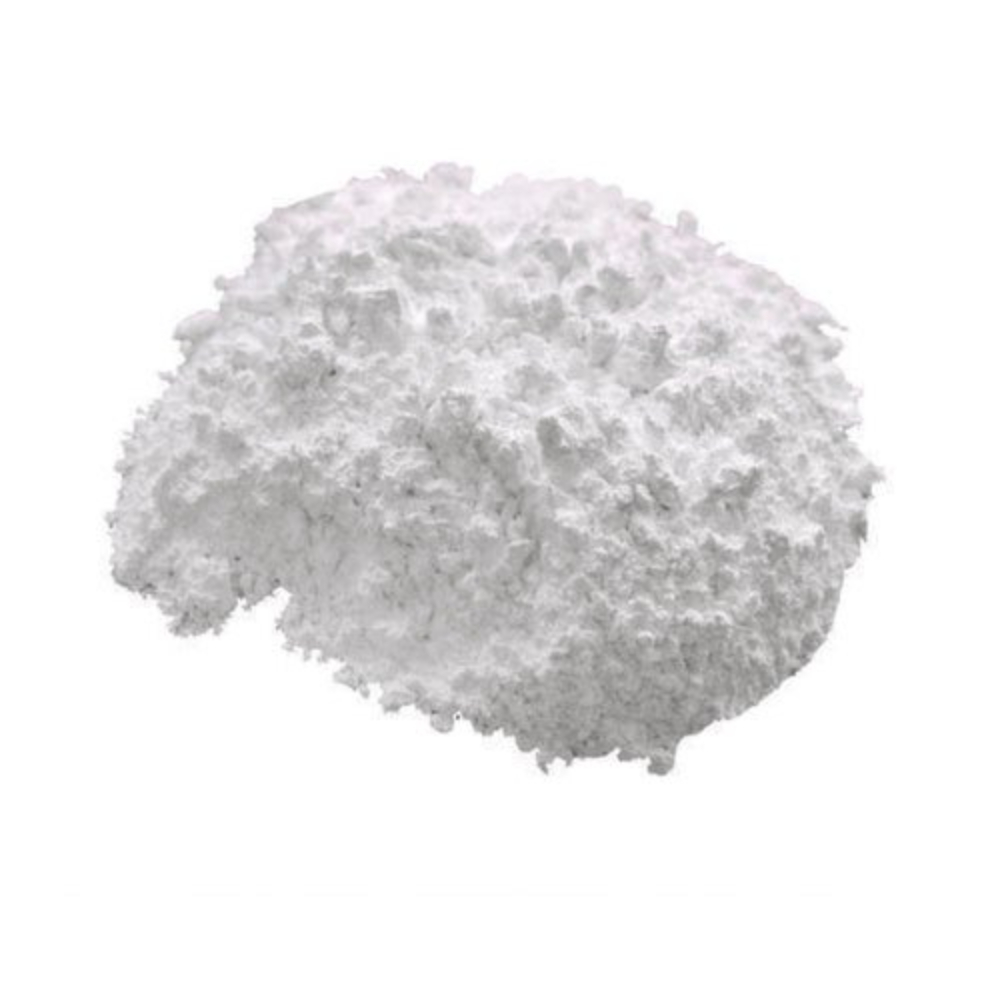Calcium carbonate is a naturally occurring substance found in rocks, shells, and even living organisms. It plays a vital role in various industries and is essential in our daily lives. Understanding its sources and significance helps us appreciate its many applications.
Natural Sources of Calcium Carbonate
Calcium carbonate is abundant in nature, primarily found in limestone, chalk, and marble. These rocks are formed over millions of years through the accumulation of marine organisms, such as shells and coral, which are rich in calcium. Geological processes compress these materials into rock formations.
This compound is also present in stalactites and stalagmites in caves, as well as in the shells of marine animals like snails and oysters. Additionally, it is an essential component of eggshells and the skeletons of many organisms.
Uses in Everyday Life
Calcium carbonate serves many purposes in both industrial and household applications. It is widely used in construction, where it is a primary ingredient in cement and concrete. Its presence ensures durability and stability in buildings and infrastructure.
In agriculture, it acts as a soil conditioner, neutralizing acidic soils to improve fertility. Farmers often use it to ensure better crop yields and healthier plants. Additionally, it is a crucial ingredient in the production of Calcium Carbonate Powder, which is used in manufacturing paints, plastics, and paper products.
Importance in Health and Nutrition
In the medical field, calcium carbonate is commonly used as an antacid to relieve heartburn and indigestion. It is also an essential dietary supplement for maintaining strong bones and teeth. For individuals with calcium deficiencies, consuming calcium carbonate can support better bone health.
It plays a significant role in food production as well. Many processed foods, such as cereals and fortified juices, contain calcium carbonate to boost their nutritional value.
Industrial Significance
Industries rely on calcium carbonate for its versatility and cost-effectiveness. It is a key component in the production of glass, where it helps to reduce energy consumption during the manufacturing process. In the paint industry, it acts as a filler, providing consistency and improving the final product’s quality.
In the plastic industry, calcium carbonate enhances durability and reduces production costs. It is also a critical ingredient in the manufacture of rubber, adhesives, and sealants.
Environmental Benefits
Using calcium carbonate has environmental advantages as well. It is utilized in water treatment plants to remove impurities and balance pH levels, ensuring clean and safe drinking water. Additionally, its use in flue-gas desulfurization helps reduce harmful emissions from power plants, contributing to a cleaner environment.
Conclusion
Calcium carbonate, derived from natural sources like limestone and shells, is an indispensable material with countless uses in construction, agriculture, health, and industry. Its role in manufacturing Calcium Carbonate Powder and other products underscores its importance in modern life. Whether improving infrastructure, enhancing nutrition, or protecting the environment, calcium carbonate remains a versatile and valuable resource.

